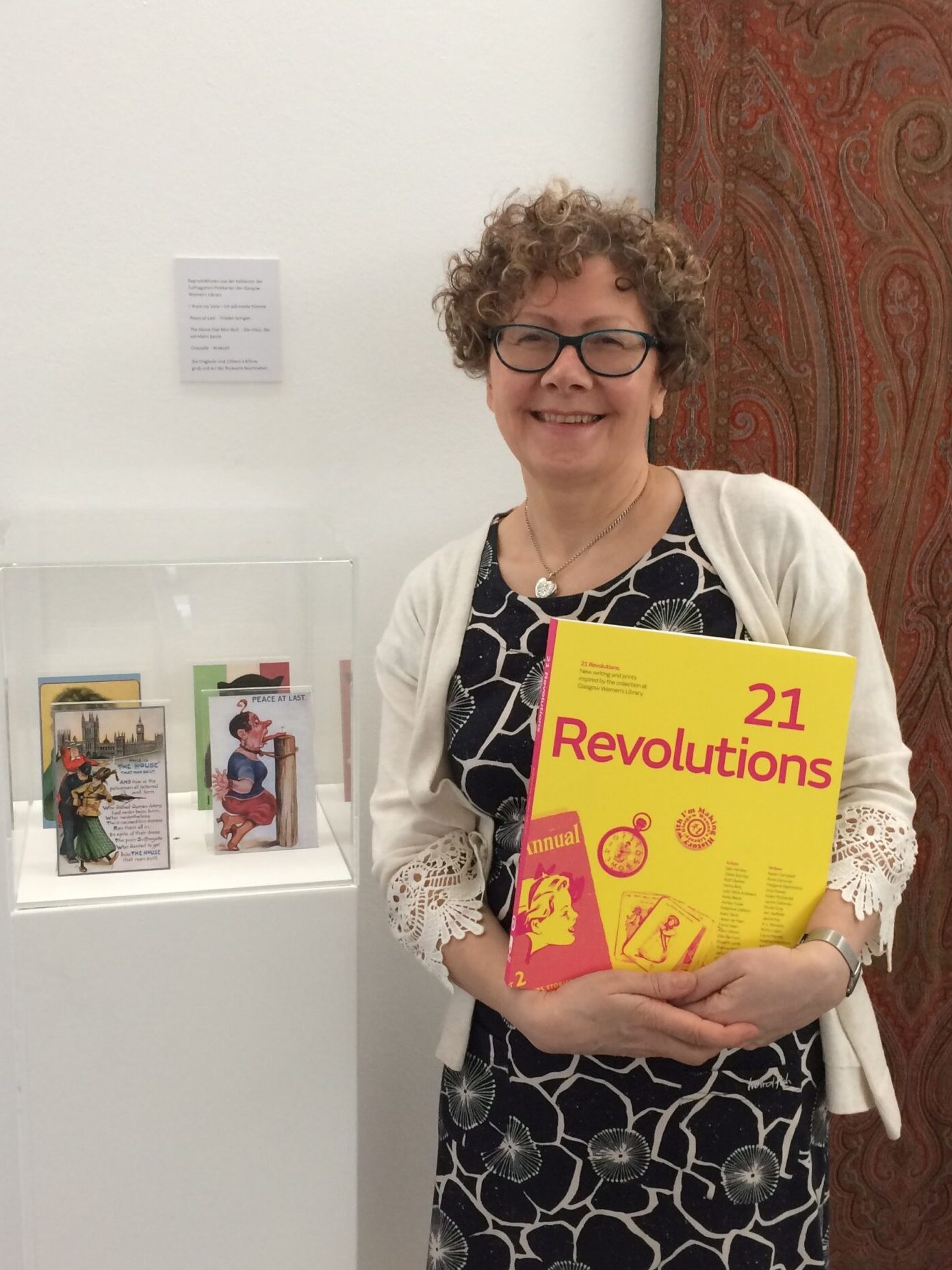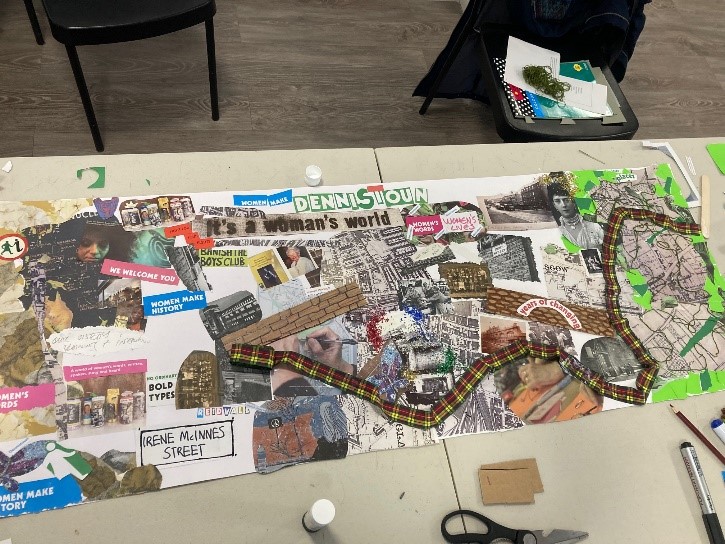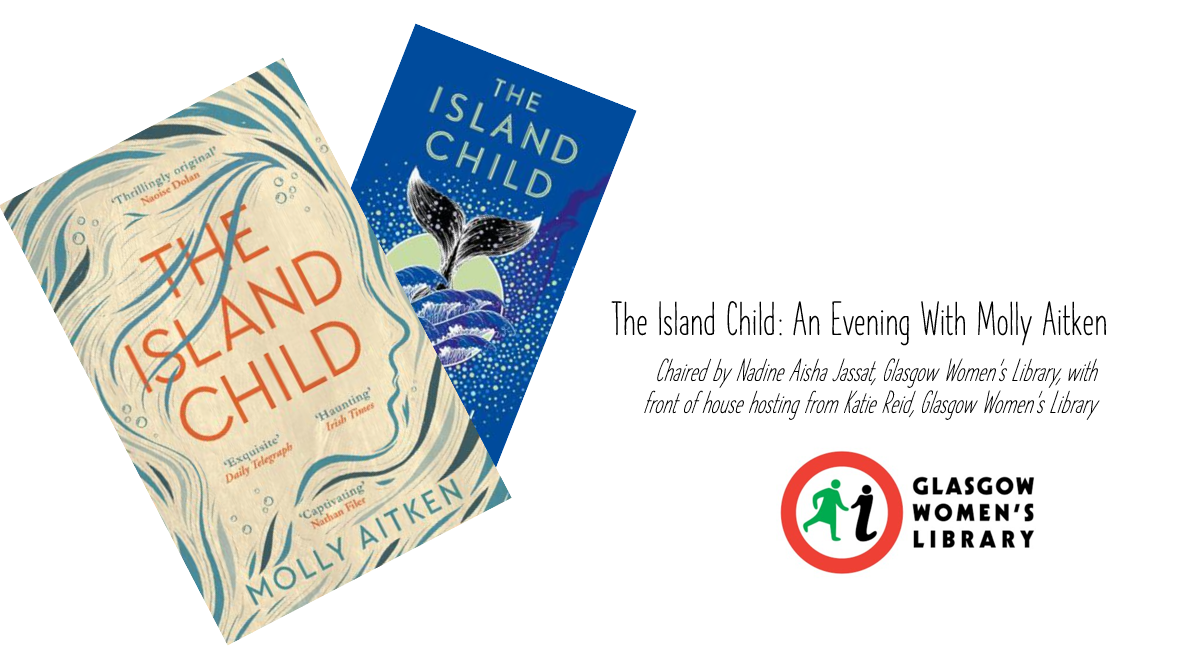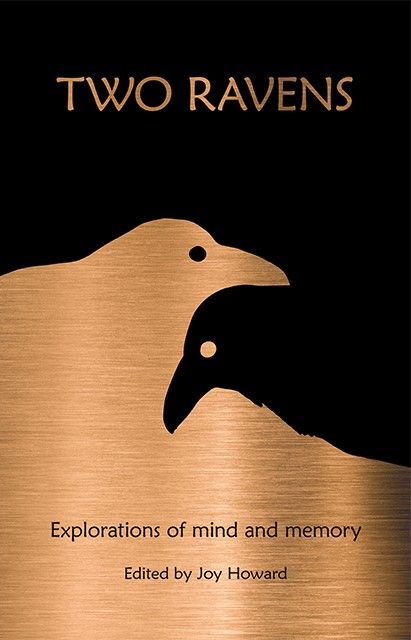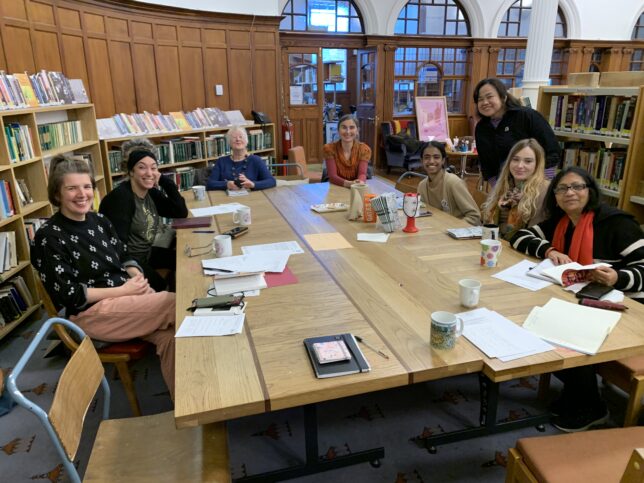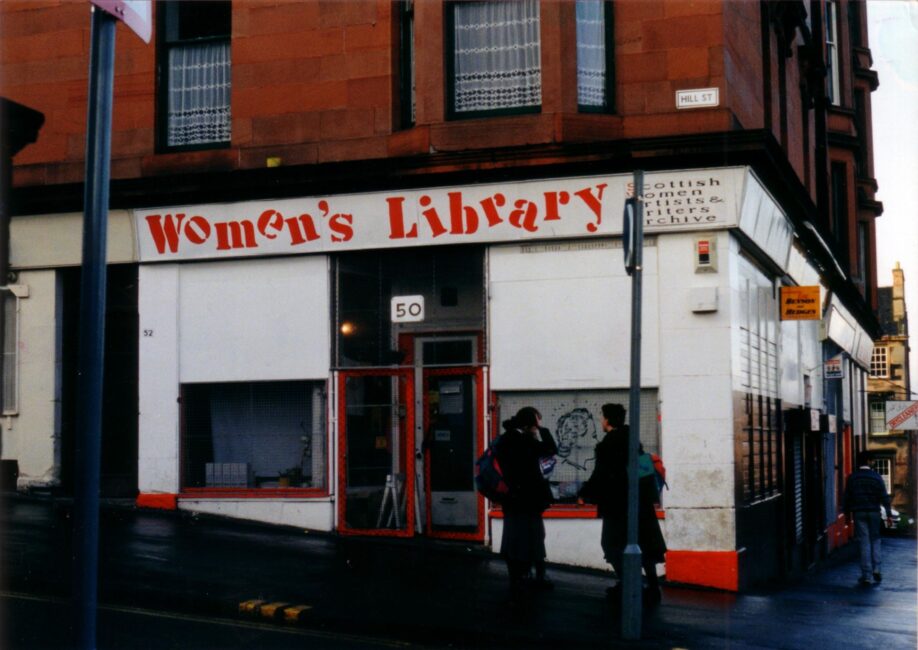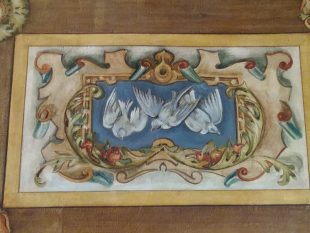
This Autumn, Glasgow Women’s Library partnered with Riddles Court to deliver a series of creative writing workshops on the theme of ‘The Women of Riddles Court’. From Dame Maggie Smith – who made her official theatre premiere at Riddles’ Court in the Edinburgh fringe in the 1950s – to Queen Anne of Denmark – who visited the building in the late 1590s as part of a royal banquet – creative writers met to craft responses to the women who have passed through Riddles Court, and give voice to real or imagined figures. We used prompts exploring Census figures, recording the jobs of the people who occupied in the late 1800s, as well as responding to the space around us, and images of women at that time. Below, one of our writers Amy B. Moreno, shares an extract from her short story response exploring the lives of three nineteenth century women, written as prompted by a Victorian Panel in Riddles Court.
An extract from This Woman of Riddles Court by Amy B. Moreno
My daddy worked, or looked for work when they took against him. I can never remember when he was in and out of a job – it feels like he was always on the cusp of both starting and leaving, never quite a full man again. In the evenings, he sat still with his back to the wall, beside the window in the room, waiting. He had been a proud stonemason from the City of Cork. Skilled, strong and honest, yet he struggled to maintain permanent work in Edinburgh. He took work as a labourer, gatekeeper, assisted a bookbinder, whatever was going. He softened the corners of his accent, cut off the edges, folded the vowels flat. He lent in on himself; never had he set out to be burden, this once-stout man, cast in limestone. He spoke less and less, as he was turned away from work. He closed his mouth in a tight line and silently considered the benefits of wrecking his body by becoming a navvy, like so many other Irishmen.
Irishmen who would twist between hiding their origin and embracing it; an ever-birling coin. Restless and unsettled. Being on the top floor of the building, my view stretched far – beyond the rooftops and stone, and further still to those foreign hills I’d never know. Mostly, my gaze pulled downwards. Through the cracked darkening panes, I’d watch the men in the street below, with their heaving gait – they too were erratic, risky. So quick to lurch from singing and congratulating each other for boundless heroic deeds, thuds on the back would turn to fists and shouts, not caring about waking the bairns in the rooms above. There were puddles of blood many a morning for the women to pour dirty grey water on, to wash away the pains. As I watched.
And my poor mammy mostly lay, spent, in that never-ending room. Unlike my daddy, she had been born into great hardship, and it had never occurred to her to expect much better from life. Generations of hunger nipped at her stomach, unlanded and sheltered by grass sods. She was one of a clutter of children, with bramble-stained fingers, nettle-pricked knees, and salt-stung palms. She brought home the green leaves and berry jewels and yearning seaweed, scooped into an old pinny on her front. I knew she was slight when they married because Daddy often said he could just about fit both of his hands around her waist as they stood together. She looked frail, Mammy, but she flitted on the wind, allowing the fluxes to pull her this way and that, rather than knock her down. The long shadows were always chasing her a step behind, though, just out of sight. And that was before The Great Hunger forced her and my daddy across the seas with so many others. She says he carried me the whole way, my daddy did; I was too weak to walk, and still the size of a baby at aged three or so. He held me under his great coat, pulling it tight around my back so I wouldn’t catch a chill in my kidneys. He said he knew then I’d never fail to surprise him in life after that – after surviving against the odds, clinging on to the edge by my brittle fingernails, ridged like cockle shells.

